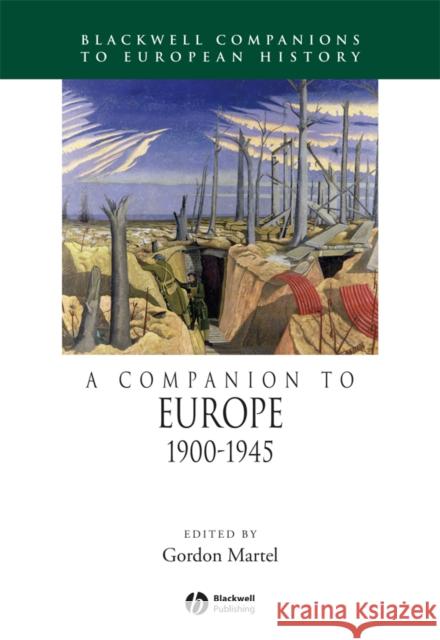A Companion to Europe, 1900 - 1945 » książka
topmenu
A Companion to Europe, 1900 - 1945
ISBN-13: 9781405106641 / Angielski / Twarda / 2006 / 584 str.
This volume brings together a distinguished group of international scholars to discuss the major debates in the study of early twentieth-century Europe.
- Brings together contributions from a distinguished group of international scholars.
- Provides an overview of current thinking on the period.
- Traces the great political, social and economic upheavals of the time.
- Illuminates perennial themes, as well as new areas of enquiry.
- Takes a pan-European approach, highlighting similarities and differences across nations and regions.











